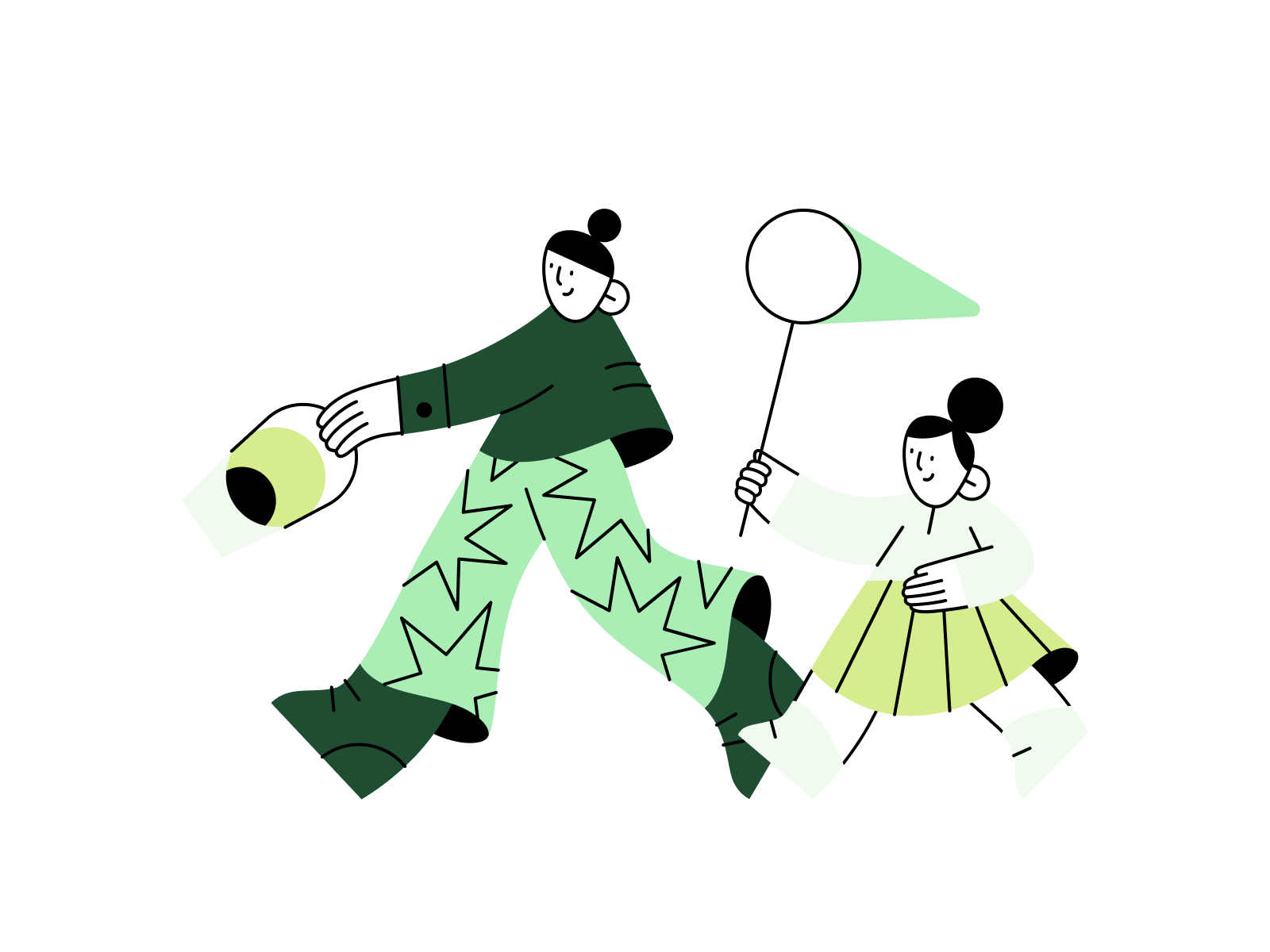
Isolation
by Jo Griffin
Oct 3, 2023
Loneliness is defined as ‘a subjective and unwelcome feeling which results from a mismatch in the quality and quantity of social relationships we have and those that we desire’.
Sometimes parents of disabled children become isolated from friends or family because of a lack of understanding or due to life taking a path less travelled.
‘I miss the school gate banter that I get with my other child as my son gets dropped off at his special school by bus so I don’t see or even know who the other parents are’.
Unfortunately there are strong links between loneliness and increased ill-health. A survey by Contact found that ‘72% of families with disabled children experience mental ill health such as anxiety, depression or breakdown due to isolation’ (Contact). Some studies have even suggested there can be a higher mortality risk for those who are socially isolated.
It is important to note that there is a difference between loneliness and solitude, though. The latter being when we enjoy our own company, away from the busyness of parenting and attending to other peoples’ needs. This can be very precious for parent carers. Most people will feel lonely at some point in their lives – it’s a very normal emotion that only becomes a problem if it persists over time or starts to have a negative impact on your life.
So if you are feeling lonely as a parent carer – what can you do to help
Finding your ‘tribe’
Firstly, recognising that you are feeling lonely is key as you can then take action to become more connected with others.
My research into parent carer emotional wellbeing identified several factors that were important in connecting with others: positive people provide a sense of belonging, understanding and are non-judgemental.
Often meeting other parents, who provide this type of support, can help counter isolation. If your child’s school do parent groups it can be a good way to meet others. Also, local charities or disabled children’s groups can be useful.
If it’s hard to meet people face to face then social media may provide a life line. Some organisations provide online groups or forums which can be helpful for practical as well as emotional support. Contact have a Facebook group and ScopeandMencap run online communities.
It’s worth looking around to find the right group though. Sometimes different groups will offer different things and you’ll naturally connect more with some people than others. If you ever witness anything upsetting or aren’t getting what you need from a group then it’s ok to leave and find an alternative.
Isolation and society
For some families feeling ‘othered’ from the mainstream in society adds to their sense of isolation. Connected to this are issues such as a lack of accessible play equipment and playschemes (See Scope and Contact). Parents become advocates for a more inclusive society but at times the battle can feel overwhelming and insurmountable (especially if we are feeling vulnerable and isolated).
Joining campaigns and local groups can help to build a community around you. As society around you becomes more inclusive there is less of a feeling of being ‘different’ which hopefully causes a positive feedback loop and upward spiral for your wellbeing.
Further information:
- The Power of Inclusive Days, The Mighty here.
- Parent Carer perspective of loneliness by Louise Rixon
- Affinityhub runs a closed Facebook group focused on Parent Carer Wellbeing.
- Parent Carer Wellbeing newsletter – sign up to quarterly updates here.
